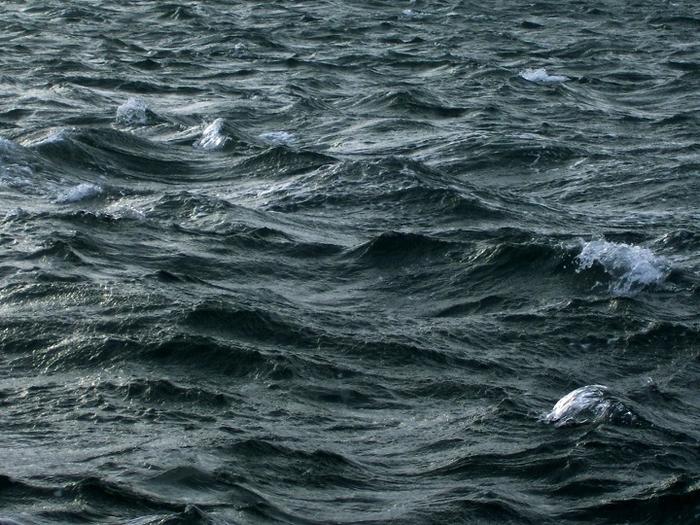The dilemma of March 2, 2020, general elections continues and may continue until September 2020. There have been allegations and evidence of fraud, a recount, a first and second round of court procedures, and a fairly patient community of predominantly Africans and East Indians. Guyana has a history of racial tension and violence between the two main ethnic groups. There was deadly communal violence between 1962 and 1964 and it was quite simply a quest for power. It is the same motivating factor in 2020; but on this occasion, the situation is compounded by the discovery of oil; and the prospect of a future government of Guyana having access to substantial revenues generated by the oil industry has intensified the struggle for power and being able to access major resources as a result of the treasury being full.
The Americans have a history of wanting to dominate countries, and therefore interfere in those countries where they have financial and strategic interests. In pursuit of these interests it has resorted to the instrument of regime change. In this regard America has acquired some notoriety in engaging in this practice whether it was Iran in 1953, Congo in 1960, Santo Domingo in 1965, Grenada in 1983, Iraq in 2003, Haiti in 2004 or Libya 2011 and many others. It is to be noted that regime change may take the form of the violent overthrow of the institution or less intrusive methods. It is clear to us in 1992 that Washington wanted a different administration in Guyana, even if the ostensible reason given was free and fair elections. They have been attempting a “regime change” in Venezuela for some time.
It is to be noted that the intervention by the United States in various countries across the globe and the social havoc which have ensued is in violation of International Law. A nation only has the right to intervene in another state if it is sanctioned by the Security Council of the United Nations, as in the case of Kuwait in 1990. Or if the doctrine of the “Right to Protect” has international sanction and is invoked to protect a population of a state which is being harmed by its government. It is ironic that the very United States that is seeking to intervene in our internal affairs is raising hell about the Russian intervention in their election in 2016 and the possibility of it happening in 2020.
That is why the very delicate political situation in Guyana needs careful watching. There appears to be a Western consensus that the Granger administration should be removed, and American Secretary of State Pompeo has reinforced this view by calling on him to step aside, even though the legal matters affecting the general and legal elections are not complete.
It is in this context that the racial divide in Guyana achieves ominous significance. It is a central fact that in all cases where American administrations have been successful in removing governments, they have taken advantage of the racial and other divisions of those societies. And god knows Guyana is a toxic mix at this time of ethnic division and fear and worrisome socio-economic currents. The fact of the matter is we are vulnerable. It is therefore in the interest of all political players to put on their thinking cap and look hard at the circumstances in which our current crisis is being played out. The rights and wrongs of this crisis should be resolved by Guyanese and the last thing on earth we should do is provide a pretext for actual or political intervention in our political affairs. We will be judged harshly if we allow our electoral impasse to become a trojan horse for any power, regional or otherwise.
What are we looking at? Perhaps what confronts us at this moment in our history is a toxic combination of a political impasse and external interference. Ethnic division, anxiety over the security of the nation, and the real challenges of finding our way towards a solution of the current dilemma in circumstances which have no precedent in our history. Thus if we fuse the internal conflict originating in the society, and the external interference from the US and their allies, Guyana is sailing into a perfect storm.
Professor Kean Gibson
July 26, 2020






